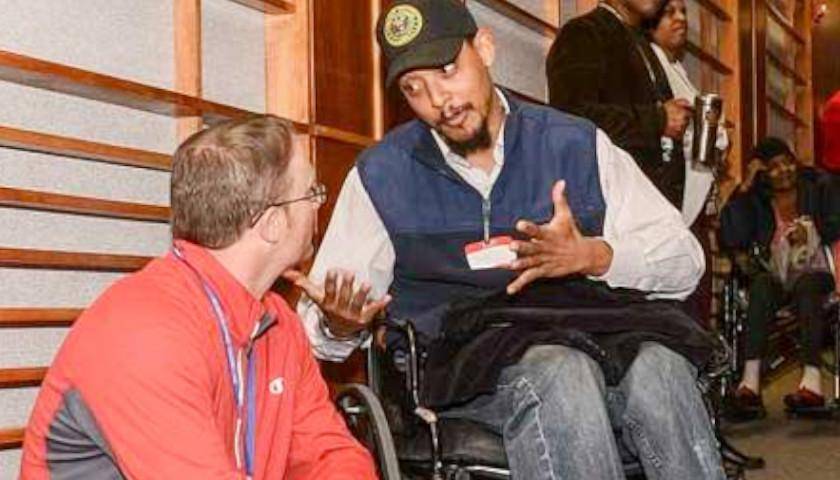by Austin McDonald
As summer comes to an end, parents are once again questioning whether neighborhood schools can give their children what they need.
According to the 2019 National Assessment of Educational Progress (NAEP), low-income students are 2.8 years’ worth of learning behind their more affluent peers. Similarly, a Reveal analysis of hundreds of public schools across Georgia found that most special education courses are being taught by underqualified teachers. This is not the fault of the teachers, the majority are doing their best while dealing with overcrowded classrooms and unrealistic expectations from leadership-heavy school systems. However, this does not change the fact that it is a problem.
In elementary school, I was diagnosed with a learning disability, later identified as dyslexia, and began middle school with a 2nd-grade reading level. Throughout my time in school, I relied on my family and wonderful teachers for support. My mom would type my papers while I spoke. Because my comprehension was facilitated by listening rather than reading, my grandmother would read text aloud to me. My high school case manager gave me hope after another teacher laughed when I expressed my plans for college.
As I travel the state working with students who have disabilities, I worry about the students who attend failing schools and whose parents do not have the resources or ability to provide additional assistance and advocacy. What about the students whose parents must work around the clock just to make ends meet? What do they do when their local public option is failing their child?
I believe that school choice and education savings accounts (ESAs) are one answer to this question.
ESAs empower parents to tailor their child’s education to their individual needs. One study, which surveyed participants of Florida’s voucher system, found that only 30 percent of respondents received federally required support from public schools. However, 86 percent of participants reported their school of choice delivered all the services it promised to provide.
To make already-inconceivable proposals worse, Georgia Public Schools are budgeted to receive $10.7 billion dollars in 2022 – 35.4% of the state’s budget. Despite that, low-income and students with disabilities continue to fall through the cracks.
As a former educator myself, I understand that every child is different. By empowering parents to make decisions based on their child’s individual needs, we can celebrate those differences, rather than overlook them.
– – –
Austin McDonald is a former K-12 educator certified in physical and special education. He currently teaches financial literacy and self-advocacy for High School High Tech, a nonprofit organization dedicated to providing equal opportunities for youth who have disabilities. Austin is the Republican nominee for State Senate District 40.






